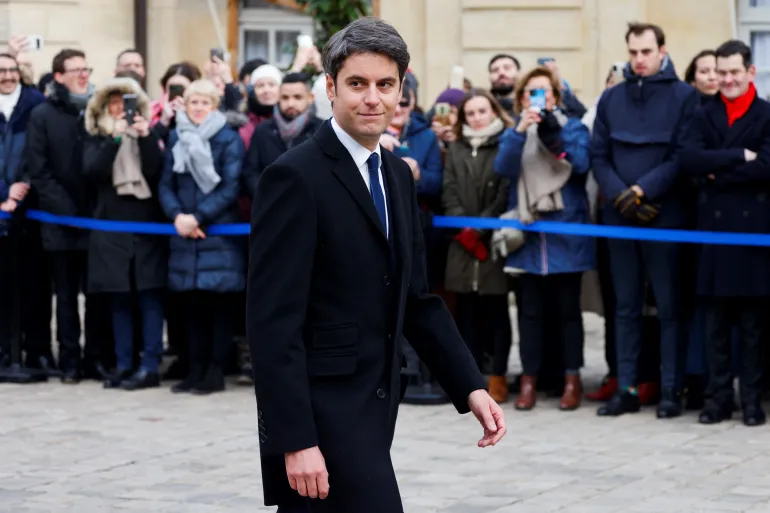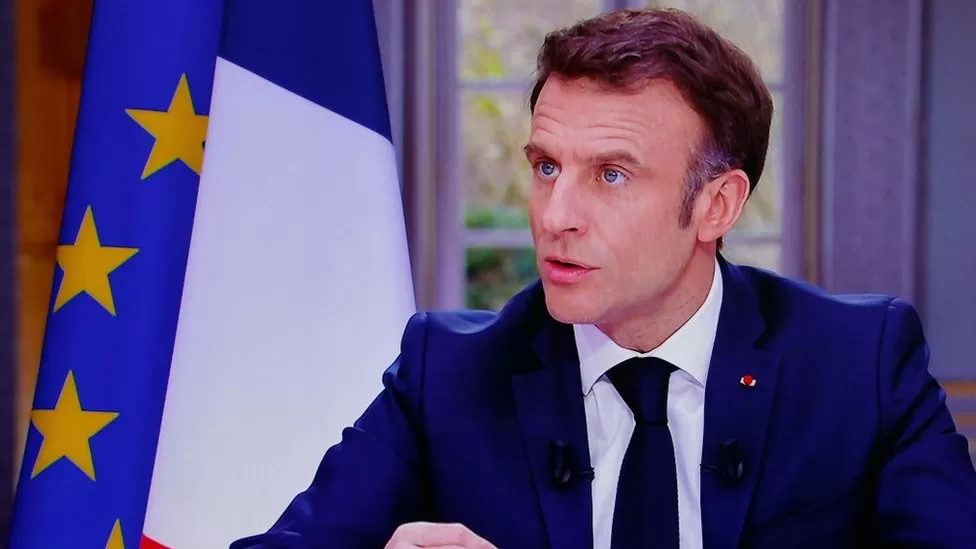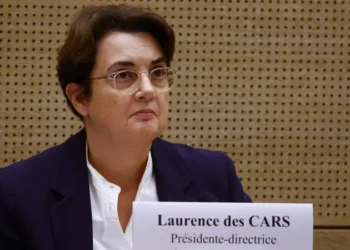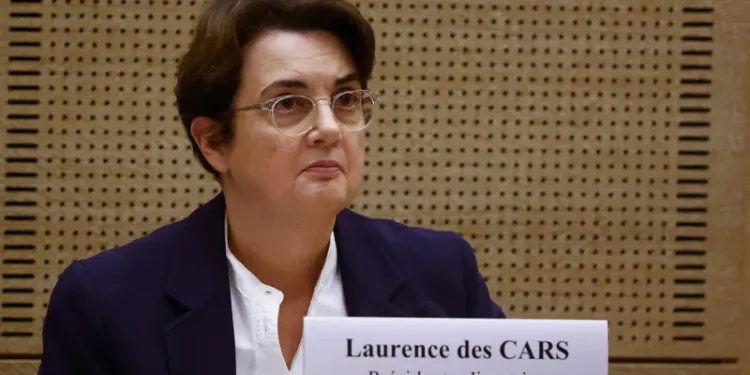French President Emmanuel Macron has outlined plans for a bill to allow terminally ill people to receive medical assistance in dying, under a restrictive legal framework.
This follows after Macron announced moves towards legislation on assisted suicide in the autumn.
A lengthy consultation process was then initiated. A majority came out in favour.
In an interview, the French President said that the new legislation will not create a universal right to require assistance in dying for anyone but rather “choose the path of least resistance when death has already arrived.”
The procedure will only be made available to patients above the age of 18, capable of forming their own views, afflicted with an incurable disease and who are set to pass away in the short-medium term.
Those suffering from judgement-altering conditions such as Alzheimer’s disease will not be allowed to receive a lethal injection.
The procedure will only be made available when there exist no alternative solutions to ease the patient’s suffering.
When prescribed, the lethal injection will be self-administered except for cases where the patient is unable to do so, then the help of a third party will be required.
Macron stated that medical experts will have 15 days to respond to the request for help to die, and an approval will be valid for three months, during which time the patient can retract.
He added that if medical professionals reject the request, the patient can consult another medical team or appeal.
French Prime Minister Gabriel Attal wrote on X that the bill would be presented to the French Parliament from May 27, 2024.

“Death can no longer be a taboo issue and subject to silence,” he added.
While some people argue that administering fatal medication is legalised “murder,” others say it offers a dignified death to those suffering.
Macron, in the interview, hesitated to call the proposed aid in dying “euthanasia” or “assisted suicide.”
With Euthanasia, a physician administers a fatal dose to end a patient’s life. In assisted suicide, patients take medication to end their lives themselves, while being assisted by medical caregivers.
Several of France’s neighbours, including Belgium and Germany, allow either assisted suicide or euthanasia under strict conditions.
However, both measures are banned in France, mainly due to pressure from religious associations.
Currently, a 2016 French law, called Claeys-Leonetti, which authorises deep and continuous sedation but only for people whose prognosis is threatened in the short term, is in effect.
According to Belgium’s Federal Commission for Control and Evaluation of Euthanasia, about 53 French patients travelled to neighbouring Belgium for euthanasia procedures in 2022, out of a total 61 abroad-based patients.
Bill Meets Criticism
France’s Catholic bishops categorically rejected the bill on Monday.
“A law like this, whatever its aim, will bend our whole health system towards death as a solution,” Archbishop Eric de Moulins-Beaufort, head of the French Bishops’ Conference, told a news agency.
Several health workers’ groups declared their “consternation, anger and sadness” at the plan.
The associations for palliative care, cancer support and specialist nurses said in a joint statement, Macron “has with great violence announced a system far removed from patients’ needs and health workers’ daily reality, which could have grave consequences on the care relationship.”
Accusing the government of aiming to save money with the plan, they said that greater resources for palliative care, rather than assisted dying, would fulfil patients’ demands to “die with dignity.”
Political opponents accused Macron of hijacking the abortion and assisted dying debates as a diversion in his party’s campaign for June 9 European Parliament elections.
“Purchasing power, security and immigration are the concerns of the French public,” Laurent Jacobelli, spokesman for the far-right National Rally (RN), said.
READ ALSO: Israel’s Move To Limit Access To Al-Aqsa Mosque Decried























